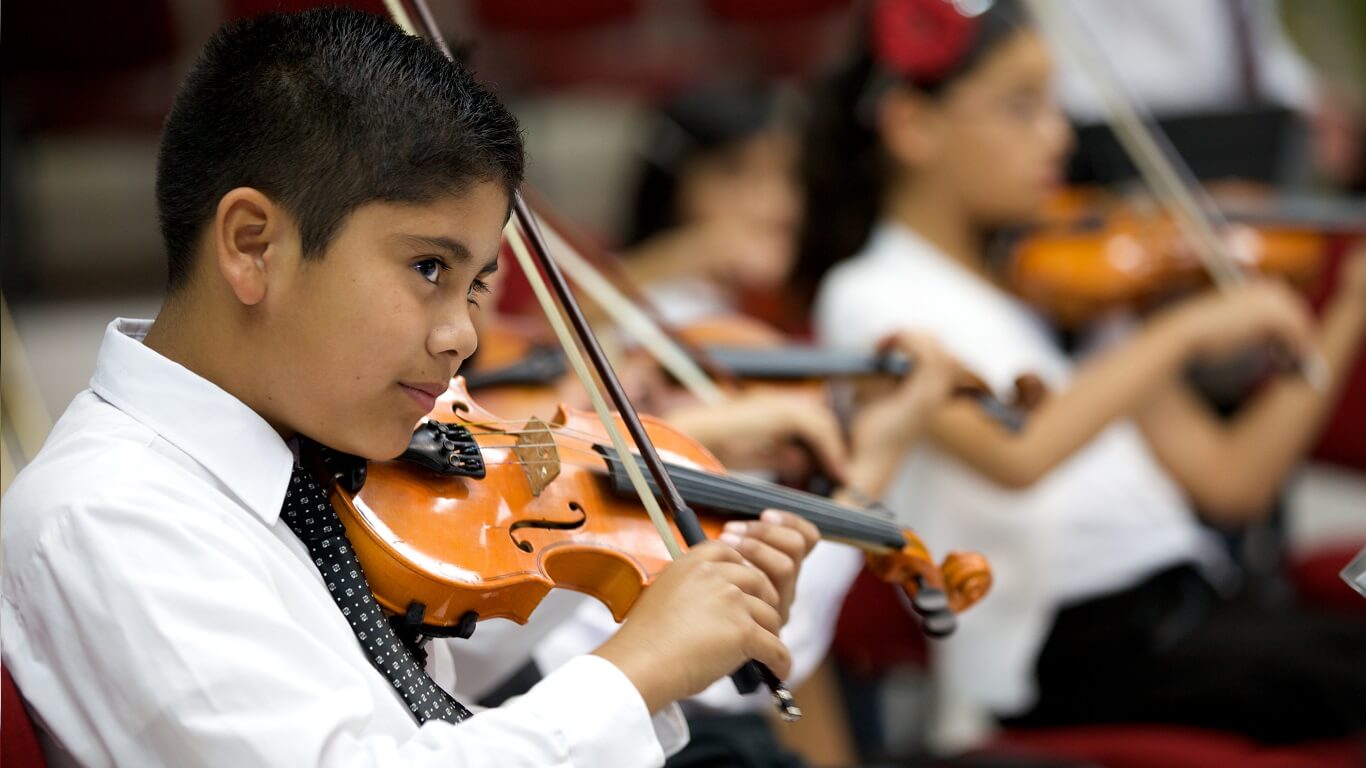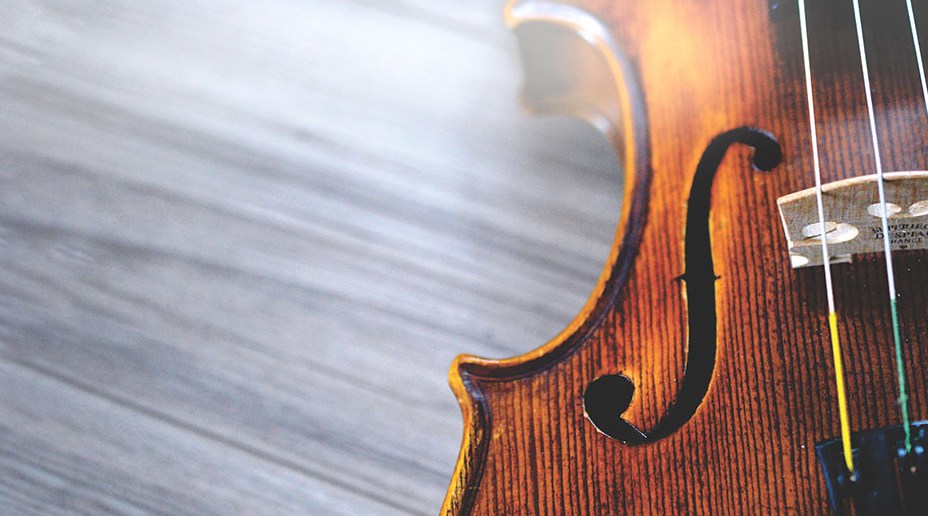Depending on your instrument, you might need delicate finger movements or refined breath control or a high level of co-ordination, for example between feet, hands, eyes and breath. All of these call for highly developed motor control.
Learning to play a musical instrument or to sing brings extraordinary, lifelong benefits. Why? Because when you’re working on your instrument you’re also working on yourself, as John Holmes, Chief Examiner at ABRSM explains.
When you play your instrument, you’re also doing all of the following:
1) Developing physical co-ordination and fine motor control
2) Integrating mental and physical activity
When you play an instrument you combine many different kinds of mental activity with a physical activity – music making combines doing with thinking, knowing and understanding.
3) Demonstrating knowledge and understanding
One special aspect of music making is the way a musician has to show their understanding through physical actions. In a performance, you’re drawing on your inner knowledge and understanding, and using it to inform your music making and focus your musical communication.
4) Being expressive
Making music, rather than just listening to it, provides opportunities for outward expression of feelings and emotions. Having this outlet can be important for everyone, but can become particularly valuable for those who feel uneasy about expressing themselves in other ways.
5) Using creativity and imagination
Making music fosters creativity and imagination and provides ways to turn original ideas into reality.
6) Building self-belief and confidence
Learning how to give a musical performance has a positive effect on personal confidence. Many of the skills you need when playing to others are the same ones you use when presenting yourself and communicating in other situations, such as interviews, discussions and meetings, and speaking in public. Self-belief, and the inner confidence that can bring, is a fundamental benefit of making progress on a musical instrument.
7) Nurturing emotional intelligence
An essential part of being a musician, especially when making music with others, is the ability to listen, to assess situations and respond, and to be sensitive to what other people are doing. As you develop your musical and ensemble skills, you’re also building skills in perception, personal awareness and emotional intelligence.
Need musical instrument insurance?
Protect your instrument/equipment by getting a quote online.


